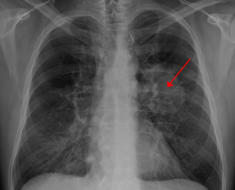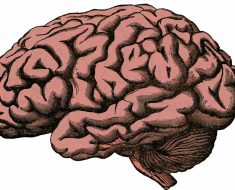A team of researchers at UC Davis has succeeded in growing capillaries on and into a neural organoid. In their paper published in the journal NeuroReport, the group describes how they grew capillaries with the organoid and their hopes that such research will one day lead to therapies for treating brain damage in people.
Organoids are masses of cells that have been grown artificially to represent human organs. They are grown to allow scientists to perform research on reasonable facsimiles of living human organs instead of real ones, for obvious reasons. Medical scientists also hope that someday, such research will lead to the replacement of damaged organs with new ones grown from the patient’s own cells. One area of such research involves growing neural cell organoids, or mini-brains, as some have called them. They are not actually brains, of course, as they cannot think, process information or develop consciousness—at least not yet. But their brain-like qualities allow researchers to test drugs to see how they impact brain cells before actual clinical trials.
Up until recently, neural organoids had a short lifespan, mainly because of how they are kept alive—typically by bathing them in nutrient solutions. But that can only work temporarily, because the inner cells start to die. The real brain is kept alive, of course, by nutrients delivered via the bloodstream in tiny blood vessels more commonly known as capillaries. In this new effort, the researchers sought to extend the life of neural organoids by growing capillaries along with them, offering a better way to feed them. They note that a longer lifespan for neural organoids would also allow them to develop more, to grow bigger and to become more brain-like.
Source: Read Full Article





